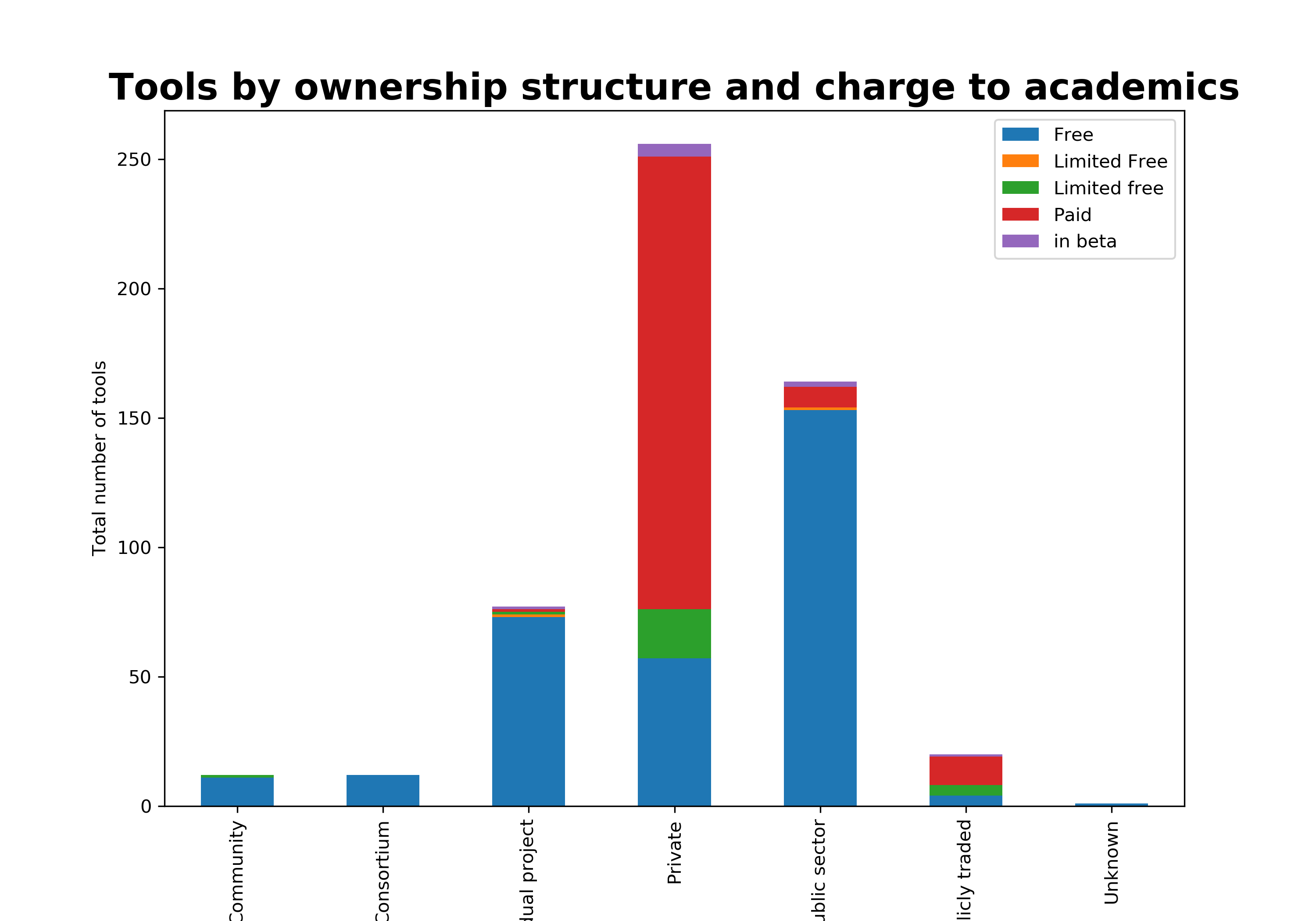Highlights from research data services - market research
This post originally appeared on Jisc Research Data
Back in March, I wrote a blog on our plans and the first findings from the market research piece within the research data shared service project. We have come some way since then, but more work is expected. In this blog, I will summarise what we have done, and outline our next key steps. If you would like to get involved and are interested in the Jisc research data shared service, what it could do for your institution and how could you come on board, then do get in touch with me.
To rewind, the first steps involved looking at the secondary literature and the HEI data from HESA and other sources. We also hired Max Hammond to run some interviews on our behalf and get a first feel for the institutional perceptions of research data management, their current systems and set ups, and their future needs. Max interviewed a total of 20 individuals from 16 different institutions.
Highlights
The themes mentioned in the first blog were reinforced in further interviews. Highlights include:
- Increasing importance of managing live data and its benefits to enabling collaboration
- The key driver to managing research data better remains compliance; several interviewees are still struggling to define other benefits
- Costs (including switching costs) are critical as budgets are constrained for this type of activity
- A big focus is engaging researchers and convincing them to deposit their data, and currently they are most concerned with the active data management aspect, rather than the post-project deposits
- There is generally a positive feeling about a shared service across the sector because most do prefer to outsource the technical aspects and have a way of sharing skills, knowledge and experience with colleagues in other institutions
It is worth mentioning that beside the interviews, we have also looked at published material. As far as we could find, there are just about 16* institutions in the UK that have described (publically) their research data infrastructures (or plans for internal systems and services). Although the information available is normally a high level overview, some general, and some goes more in depth, overall it can still constitute a good starting point for anyone interested in this area.
| Institution (non-UK) | References |
|---|---|
| ETH-Zurich (Switzerland) | Research Data Services at ETH-Bibliothek |
| Linaeus and Lund (Sweden) | Research data services: An exploration of requirements at two Swedish universities |
Next steps
As we progress through the alpha and beta stages of the research data shared service and we define the features and costs more clearly, we aim to iteratively test and improve these with the pilot institutions and other institutions in the UK and outside. We are also working on accessible service descriptions tailored to research support and higher level administrative functions (so watch this space).
We are working on two other projects that rely on similar sectoral and institutional data: the UK research data discover service and the tiered storage. We have decided to run a joint phase of in-depth interviews that will be designed to test these services and refine the charging models. If you are interested in signing up to any of these future services, do get in touch with me, as now would be the perfect time to get involved.




